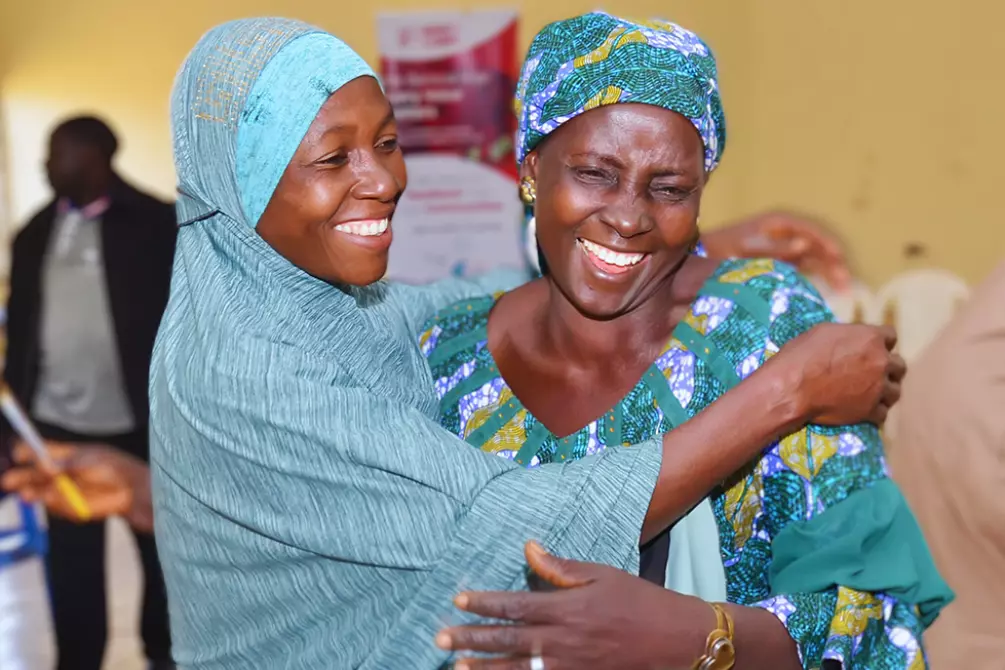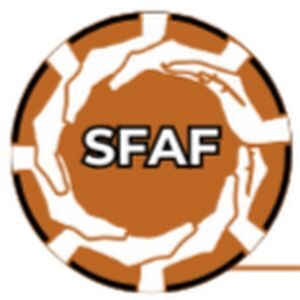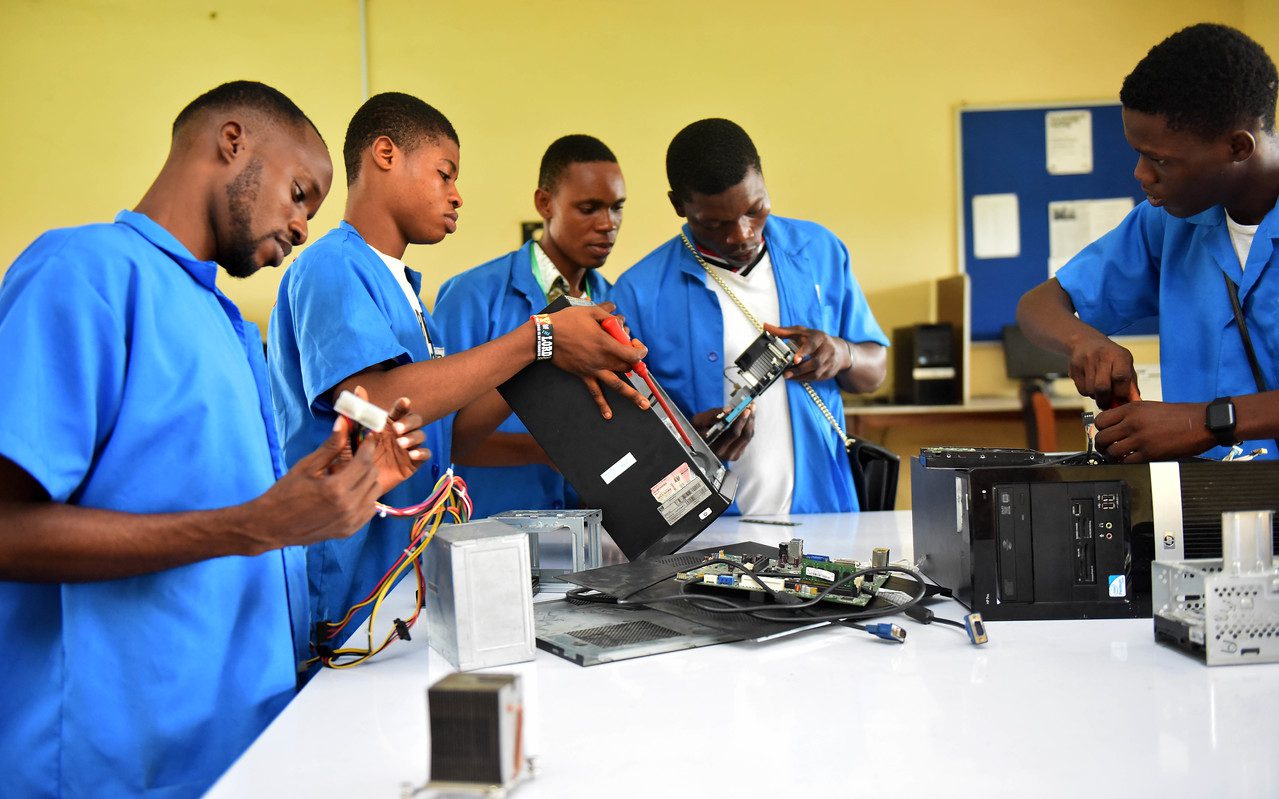In many communities across Northeast Nigeria, conflict, poverty, and displacement have created deep divides. Vulnerable groups—women, youth, persons with disabilities, and displaced families—often find themselves excluded from decisions that shape their lives. Without social inclusion and protection, these groups remain trapped in cycles of marginalization, insecurity, and poverty.
At Support for All Foundation (SFAF), we believe that true progress means everyone has a voice and a safety net. Social inclusion is about breaking barriers, while protection ensures dignity, safety, and resilience in the face of adversity. Together, they create stronger, more united communities.
The Challenge of Exclusion
-
Displaced Families: Millions of internally displaced persons (IDPs) live in camps or host communities with limited access to basic services.
-
Women and Girls: Gender-based violence, early marriage, and cultural barriers continue to deny women and girls their rights.
-
Persons with Disabilities (PWDs): Many are excluded from education, employment, and community decision-making.
-
Youth: Young people face high unemployment, leaving them vulnerable to poverty or exploitation.
These realities not only harm individuals but also limit community resilience and development.
SFAF’s Approach to Social Inclusion and Protection

Our programs are designed to empower the vulnerable and safeguard their rights through:
-
Protection in Emergencies: Establishing safe spaces for women and girls in IDP camps, where they can access psychosocial support, health services, and training.
-
Inclusive Participation: Ensuring women, youth, and PWDs are included in community decision-making and leadership structures.
-
Social Safety Nets: Linking vulnerable households to skills training, microfinance, and livelihood support.
-
Advocacy & Policy Engagement: Working with local and national authorities to strengthen laws and policies that protect vulnerable groups.
Stories of Change
In 2024, SFAF launched a safe space program for women and girls in flood-affected areas of Adamawa State. Beyond providing psychosocial support, the program offered menstrual hygiene awareness and vocational training. Within six months, participants reported increased confidence, improved health practices, and a renewed sense of community belonging.
One participant said, “For the first time, I feel safe, supported, and hopeful about my future.”
Our 5-Year Outlook
By 2030, SFAF plans to:
-
Establish 50 safe spaces for women and vulnerable groups in IDP and host communities.
-
Support 20,000 vulnerable people with protection, training, and livelihood opportunities.
-
Ensure at least 40% participation of women and PWDs in community decision-making forums.
-
Work with government to strengthen policy frameworks for social inclusion and protection.
Conclusion & Call to Action
Social inclusion and protection are not optional—they are essential for peace, dignity, and sustainable development. When vulnerable groups are empowered and protected, communities become stronger, more resilient, and more united.
At SFAF, we are committed to ensuring that no one is left behind in Northeast Nigeria’s journey toward recovery and growth.
🙌 We call on donors, policymakers, and community leaders to stand with us in creating inclusive, protective spaces where every person can thrive.
✨ At SFAF, we say: Inclusion is strength. Protection is dignity. Together, they are the foundation of resilience.




